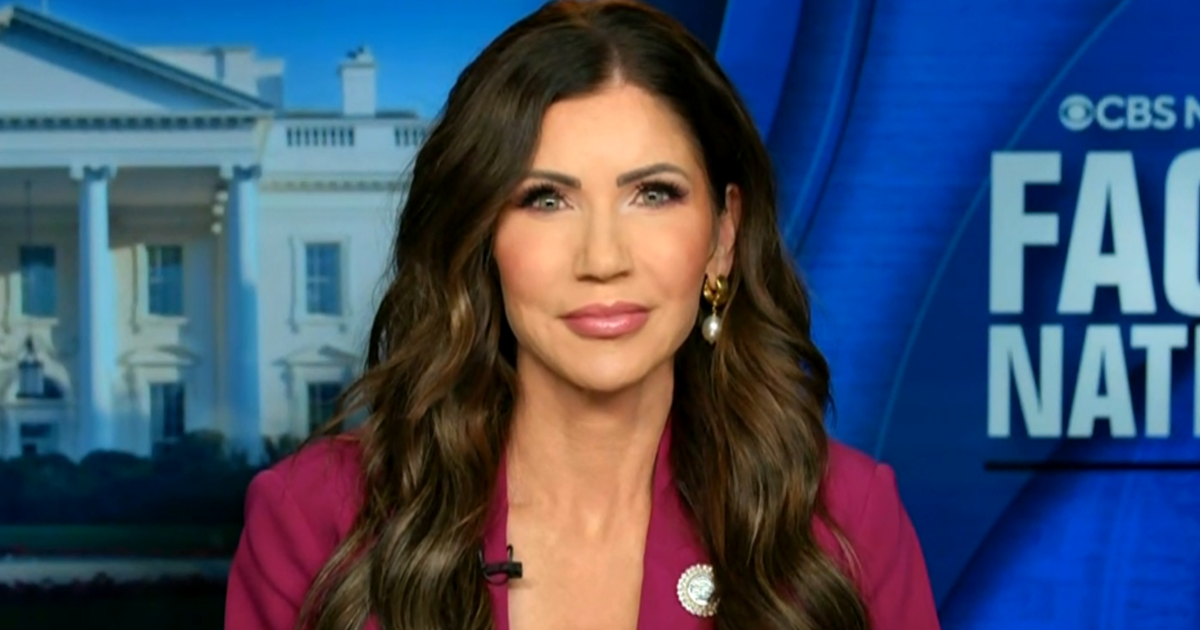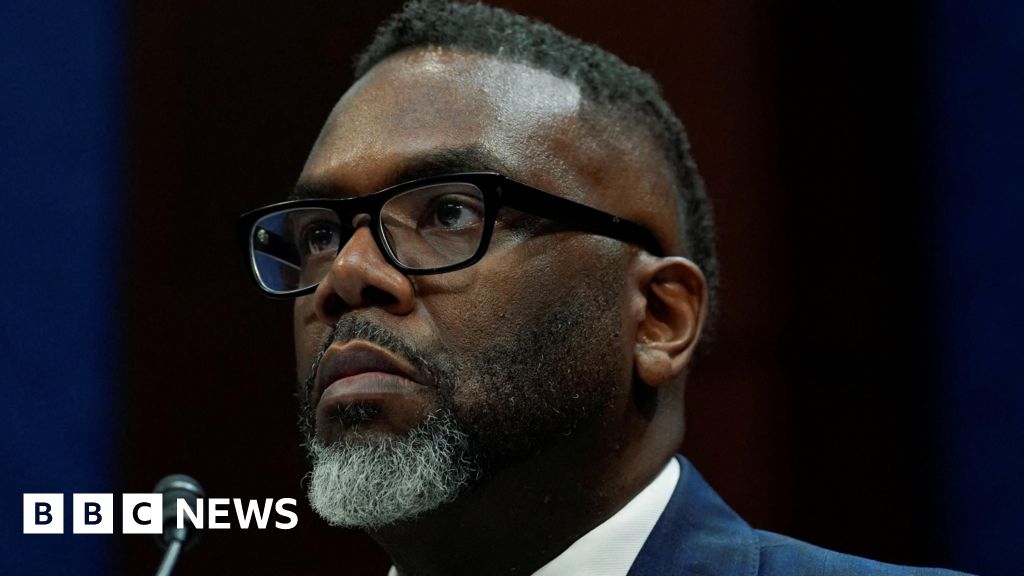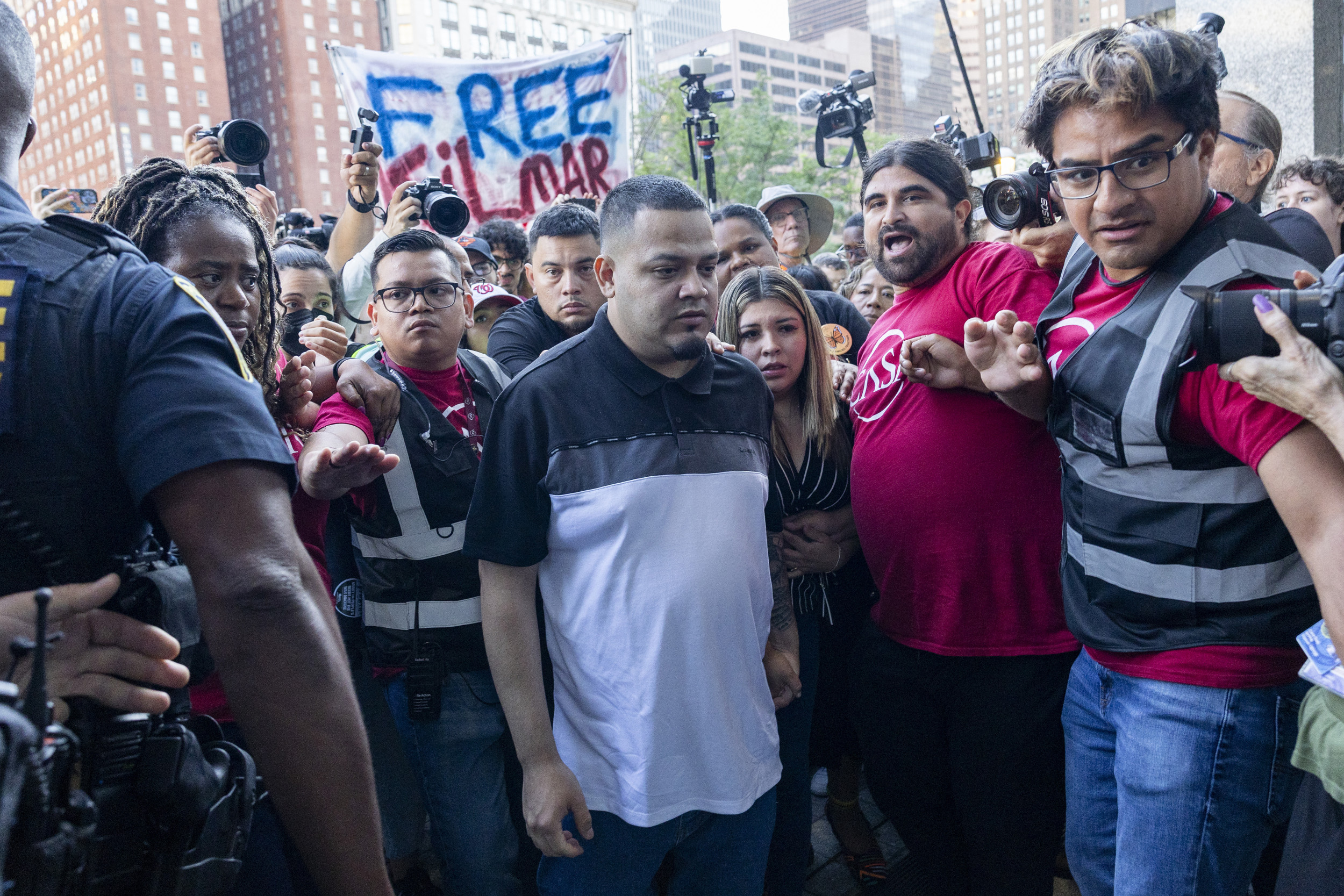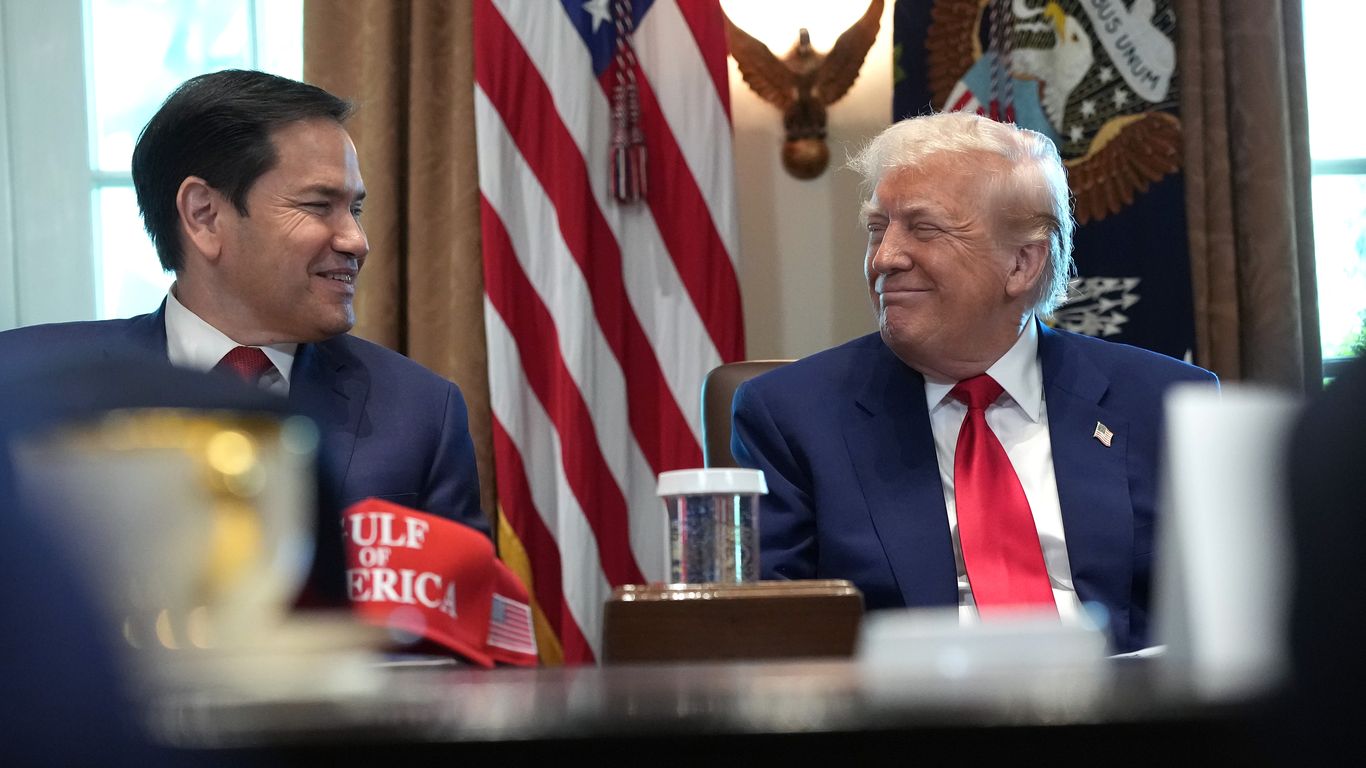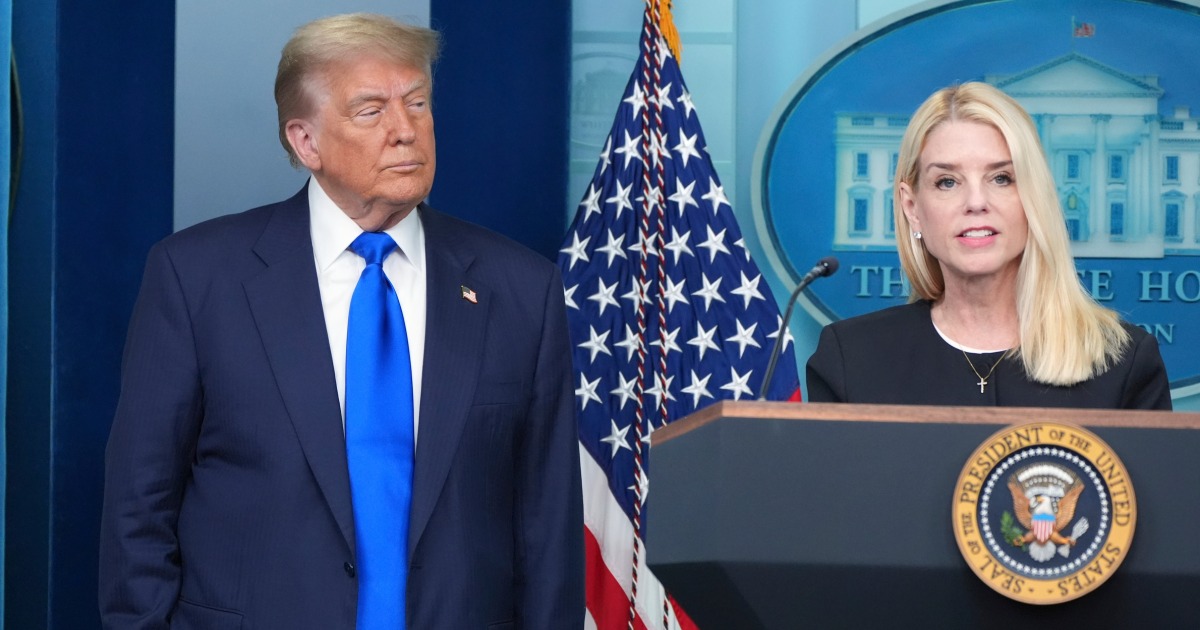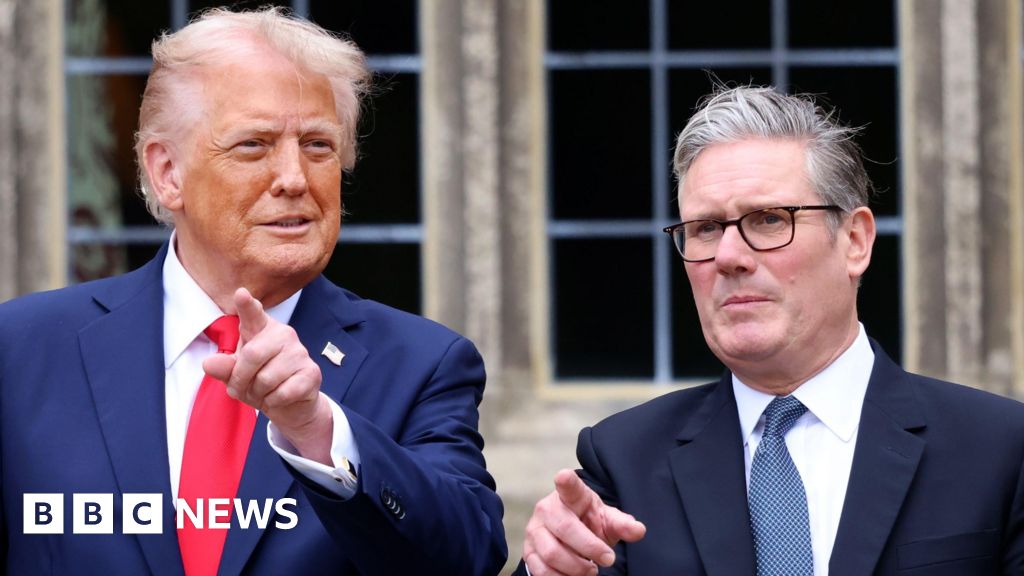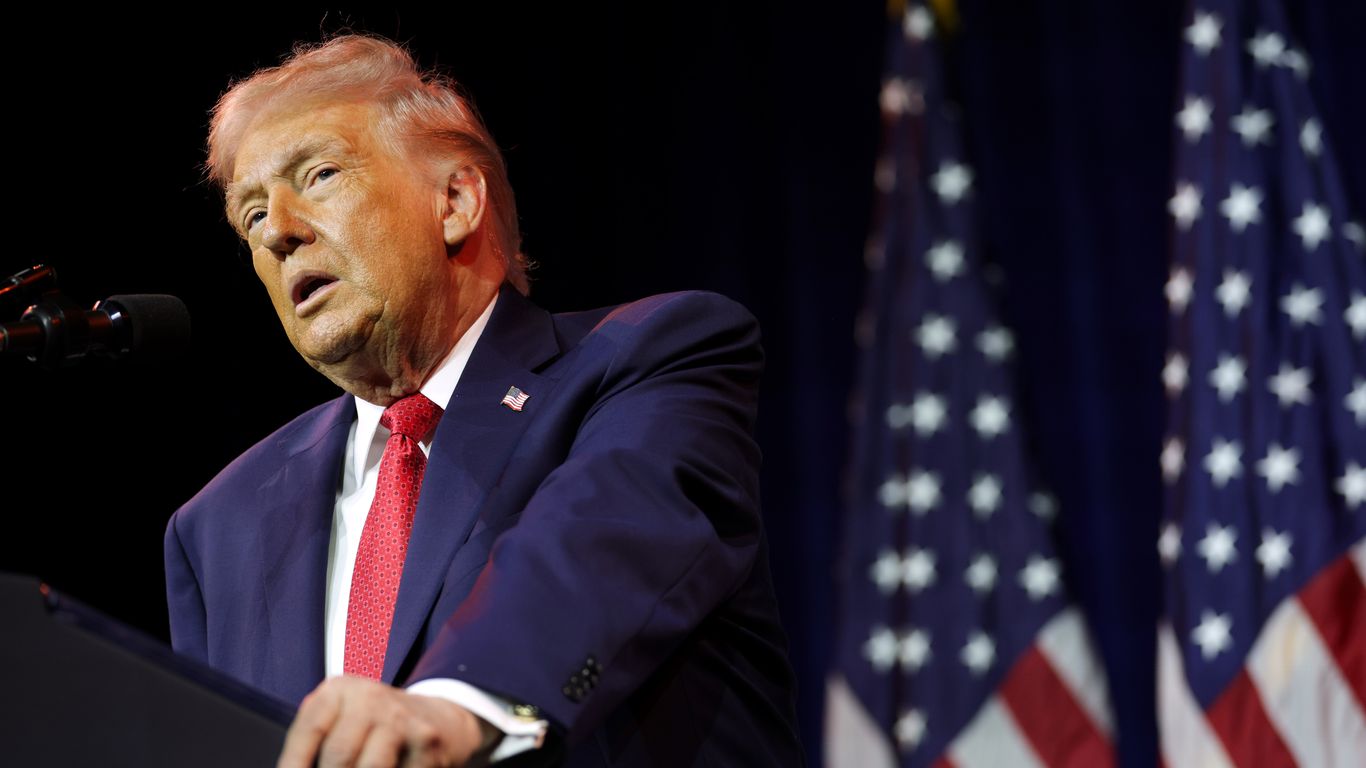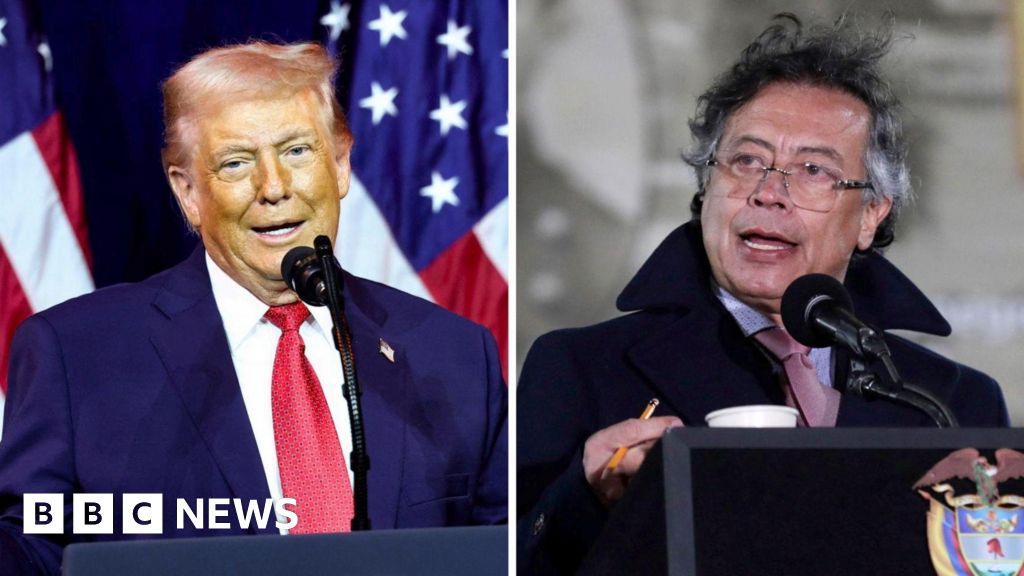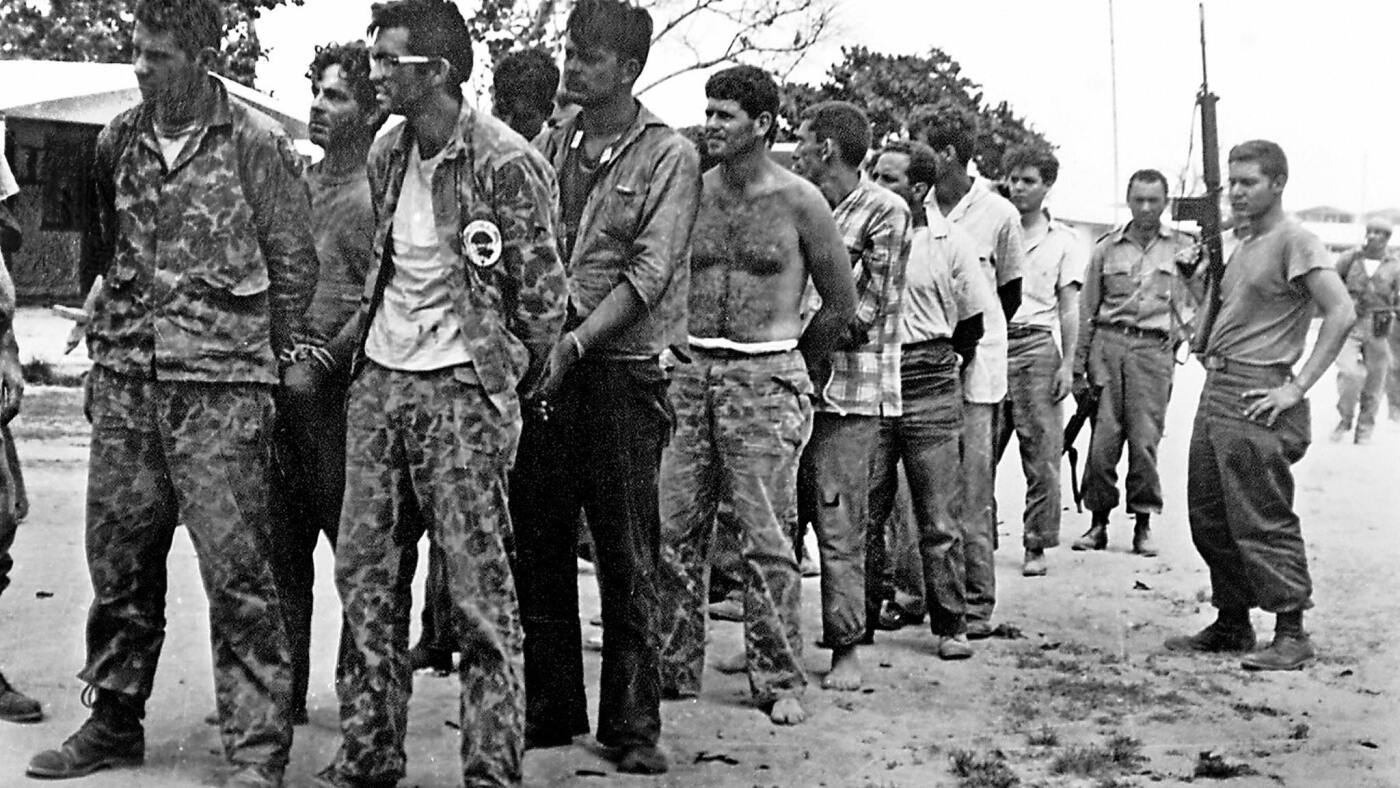Chicago Braces for Immigration Crackdown
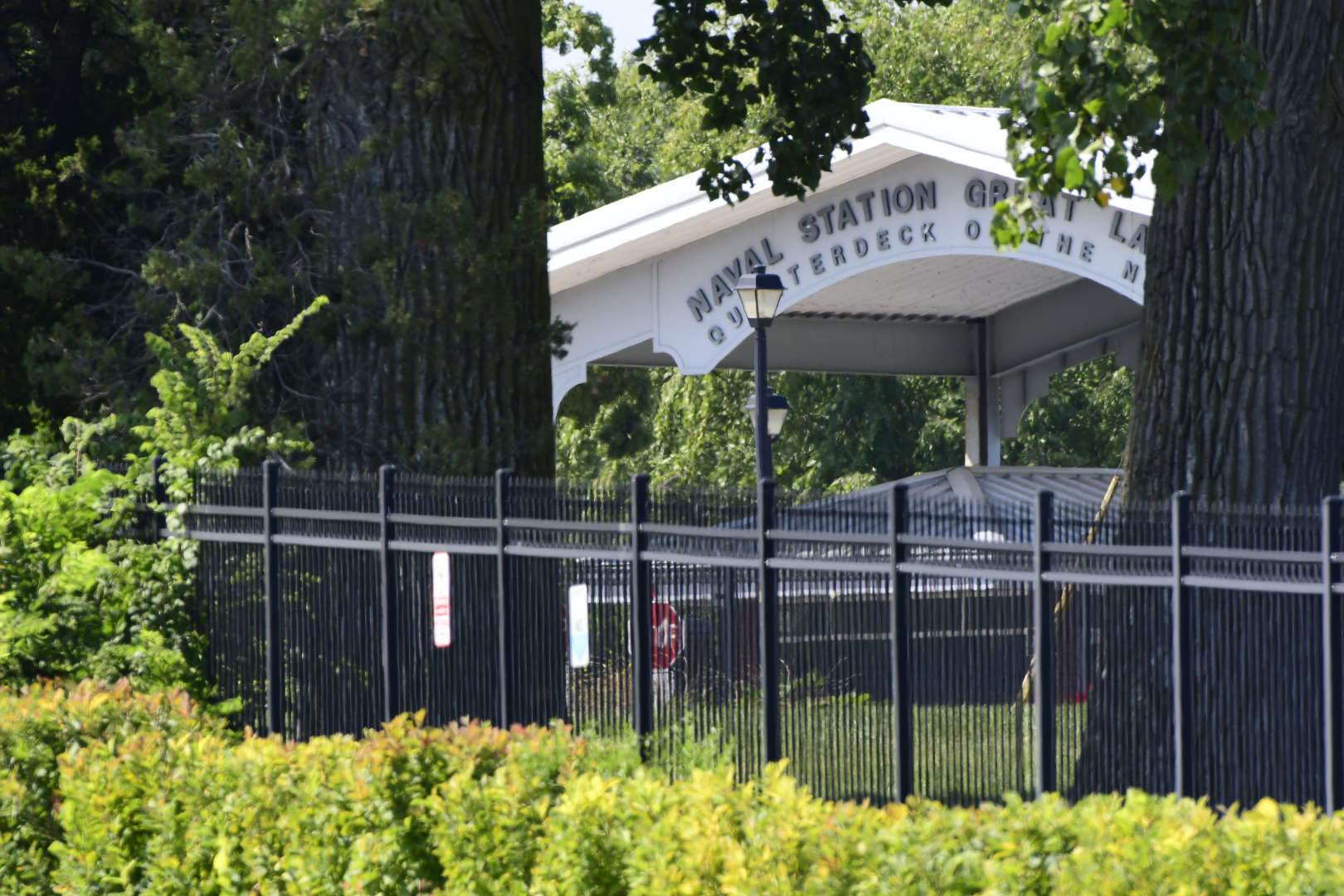
Introduction
In the latest development in the ongoing immigration crackdown by the Trump administration, residents of Chicago are bracing for a month-long enforcement campaign. This comes after the mayor of suburban Broadview sent a letter to residents warning them of the impending large-scale operation by federal officials.
Key Details
The letter from the mayor also stated that the campaign will focus on targeting undocumented immigrants in the area. This news has caused fear and concern among the immigrant community, with many expressing worries about their safety and security. The letter also mentioned that the operation will involve multiple law enforcement agencies, making it a large and coordinated effort.
Previous immigration crackdowns in other cities have resulted in widespread arrests and deportations, causing families to be separated and communities to be disrupted. The impact of these actions is not only felt by the individuals directly affected, but also by their loved ones and the community as a whole.
Impact
The announcement of this month-long enforcement campaign has caused a stir in Chicago, with many questioning the motives and repercussions of such actions. Some are concerned about the potential violations of human rights and due process that may occur during the operation. Others are worried about the effects on the local economy and the overall social fabric of the city.
As the immigration debate continues to be a hot topic in the country, it is important to remember that behind the
About the Organizations Mentioned
Trump administration
The **Trump administration** refers to the executive branch of the U.S. federal government during Donald J. Trump’s presidency, initially from January 20, 2017, to January 20, 2021, and resuming with his second term starting in 2025. It was characterized by a mix of aggressive domestic policies, significant judicial appointments, and a distinct foreign policy approach that emphasized "America First" principles[4][8]. The administration’s key activities included **tax reform**, notably passing the $3.2 trillion Tax Cuts and Jobs Act, which represented the largest overhaul of the U.S. tax code in decades[5]. Trump also renegotiated trade agreements with major economies including Mexico, Canada, China, Japan, and South Korea, prioritizing bilateral deals over multilateral ones such as the Trans-Pacific Partnership (TPP), which the administration withdrew from early on[1][2]. The administration sought to protect American jobs by restricting cheap foreign labor and influencing agencies like the Tennessee Valley Authority to retain American workers[5]. On the judicial front, the Trump administration appointed over 200 federal judges, including three Supreme Court justices—Neil Gorsuch, Brett Kavanaugh, and Amy Coney Barrett—shaping the judiciary for years to come[4]. These appointments were among the most significant achievements, influencing U.S. law on multiple fronts. In foreign policy, the administration pursued a controversial agenda: it imposed travel bans on several predominantly Muslim countries, withdrew U.S. troops from northern Syria, and supported Saudi Arabia militarily despite congressional opposition related to the Yemen conflict[1][3]. It also fostered new international technology alliances, such as securing commitments from allies to exclude Chinese telecom giant Huawei from 5G infrastructure and signing AI cooperation agreements with the UK[5]. The Trump administration faced substantial political turmoil, including two impeachments by the House of Representatives—first in 2019 over Ukraine dealings, and again in 2021 following the January
Broadview
The name "Broadview" is associated with several distinct organizations, each notable in its own sector. In the business and technology world, Broadview Networks stands out as a significant player. Founded in 1996, Broadview Networks was a leading network-based communications provider, serving small and medium-sized businesses primarily in the Northeastern and Mid-Atlantic United States. The company offered a comprehensive suite of services, including local, long-distance, and international voice, data solutions such as VPN and MPLS, hosted and premises-based VOIP systems, traditional telephone systems, and Internet access via DSL and related technologies. Broadview Networks was a venture-backed company, raising over $320 million in funding from prominent investors like Baker Capital, New Enterprise Associates, and Apollo Management. The company expanded through strategic acquisitions, including ATX Communications in 2006 and InfoHighway Communications in 2007. In 2007, Broadview filed for an initial public offering, aiming to raise $287.5 million, but later faced financial challenges, filing for Chapter 11 bankruptcy in August 2012 and exiting the process two months later. In a major development for the industry, Broadview Networks was acquired by Windstream Holdings in April 2017 in an all-cash transaction valued at $227.5 million, marking a significant consolidation in the telecommunications sector. Other organizations named Broadview include Broadview Federal Credit Union, a member-owned financial institution in Upstate New York, and Broadview Group, a private investment firm. Each entity, while sharing the Broadview name, operates independently and has its own unique history and achievements. For business and technology news readers, Broadview Networks remains a notable example of growth, innovation, and industry consolidation in the telecommunications field.
Law enforcement agencies
**Law enforcement agencies (LEAs)** are government organizations responsible for enforcing laws, maintaining public order, and protecting public safety within designated jurisdictions. They employ law enforcement officers who have legal authority to investigate crimes, make arrests, conduct searches, and use force when necessary to uphold the law[1][2]. LEAs operate at multiple levels, including local police departments, county sheriff’s offices, state police and highway patrol, and federal agencies such as the FBI and DEA[1][3]. The history of law enforcement agencies traces back to early organized efforts to maintain societal order, evolving into complex institutions with specialized functions. Over time, these agencies have expanded their roles to include crime prevention, investigation, and community engagement, adapting to new challenges such as cybercrime and terrorism. Key achievements of law enforcement agencies include the development and implementation of standardized protocols and accreditation programs that enhance professionalism and operational effectiveness. For example, the Commission on Accreditation for Law Enforcement Agencies (CALEA) provides a framework for agencies to meet high standards in life safety, community service, and administrative practices, promoting excellence and accountability[7]. Currently, law enforcement agencies face increasing demands to balance effective crime control with civil rights protections and community trust. Technological advancements have become integral, with agencies employing data analytics, body cameras, and forensic technologies to improve investigations and transparency[6]. Notable aspects of LEAs include their varied structures—centralized agencies operate under a single authority, while decentralized ones function independently—and their specialized units addressing specific crime types or jurisdictions, such as transit or wildlife enforcement[3][7]. Their powers, such as conducting searches and arrests, are regulated by judicial oversight to prevent abuse and ensure legality[2]. In the context of business and technology, law enforcement agencies are pivotal partners in cybersecurity, intellectual property protection, and regulatory compliance, leveraging technology to combat sophisticated criminal enterprises while navigating evolving legal landscapes.
